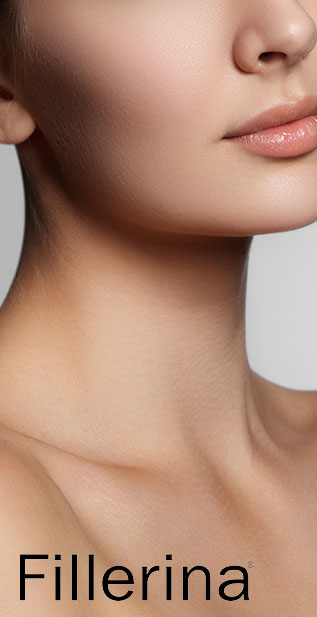Blog
What’s happening to our skin as we age?
Fine lines and wrinkles don’t happen overnight or when you reach a certain age. They creep up on us…like many aspects of ageing. When we’re young we don’t really notice these changes but as we get older, the fine lines, dryness and the odd grey hair become apparent much faster than we’d like!
So, what is happening to our beautiful, youthful complexion as we get older?
The skin has 3 primary layers – the epidermis, the dermis and the subcutaneous layer, each serving a different purpose:
The Epidermis
The epidermis is the outer layer of skin, it defends against bacteria, viruses and the environment and is under constant renewal; every 28 days all cells are turned over as the most superficial cells are replaced by new ones. The turnover is much faster for infants and slows down over the course of our lifetime. The healing process also slows as we age. The cuts, grazes and bruises that disappear quickly when we are young, start to linger as the skin needs longer to repair itself as we age.
The Dermis
The dermis is where all the good stuff happens! Cells in this layer of skin hold hyaluronic acid and produce collagen and elastin; and these molecules pretty much make up the whole of this layer. The dermis also contains your sweat glands, hair follicles and your blood and lymph vessels, which carry nutrients to your skin and remove toxins.
The Hypodermis
This is the deepest layer of your skin containing fatty and connective tissue which attaches your bones to your muscles. It regulates your body temperature, acts as padding to protect your muscles, bones and organs from injury as well as containing more larger blood vessels and nerve endings.
The elasticity in your dermis reduces as we age, as this layer of skin gets weaker and thinner, the epidermis (top layer of skin) starts to show signs of fine lines, wrinkles and sagging as its not being supported and hydrated in the same way.

In your 20s your skin produces 1% less collagen each year, and its ability to regenerate and shed dead skin cells decreases by about 30%. Infact the production of collagen and elastin in your skin slows down from as young as 25!
As you get to your 30s the skin loses its natural ability to transport moisture between its layers and the fat pads filling out your face begin shrinking. We all have approximately 20 fat pads in our cheeks, under our eyes, around the temples and in the lower part of our face around the chin and jawline, regardless of how plump or round our face is.
By your early 40s these fat pads which have been supporting your skin and making your face look fuller, start to noticeably reduce. The cheeks are probably the first place you spot the change as they start to look less plump. What makes things worse is that your body is only producing approximately 50% of the hyaluronic acid it needs and no longer produces collagen. What you do have, starts to lose its elasticity, leading to skin creasing and maybe even sagging.
As your reach 50s your skin is quite dry and so wrinkles are more apparent as skin forms indentations following the contours of the epidermis. Menopause makes the elasticity of the skin worse and as your metabolism slows, weight is gained. However, cutting back on fat intake may work for your waistline but isn’t so great for your face – remember the adage of choosing between your face and your figure after 40…?
Nevertheless, prevention is better than cure – drinking enough water and eating foods with plenty of vitamins and antioxidants can help to keep our skins looking healthier for longer. Keeping our skin clean, rinsing the face twice a day, and maintaining a healthy diet is good advice for most of us. But as our skin ages, it changes; being prepared for this, and trying to enjoy the changes, can help us worry less about the process.
Of course, not all of us will see these changes at the same time as our friends, family or colleagues. How quickly we age is partly genetic, so look to your parents for a clue as to when fine lines may start to appear….and try not to stress too much about it happening.


